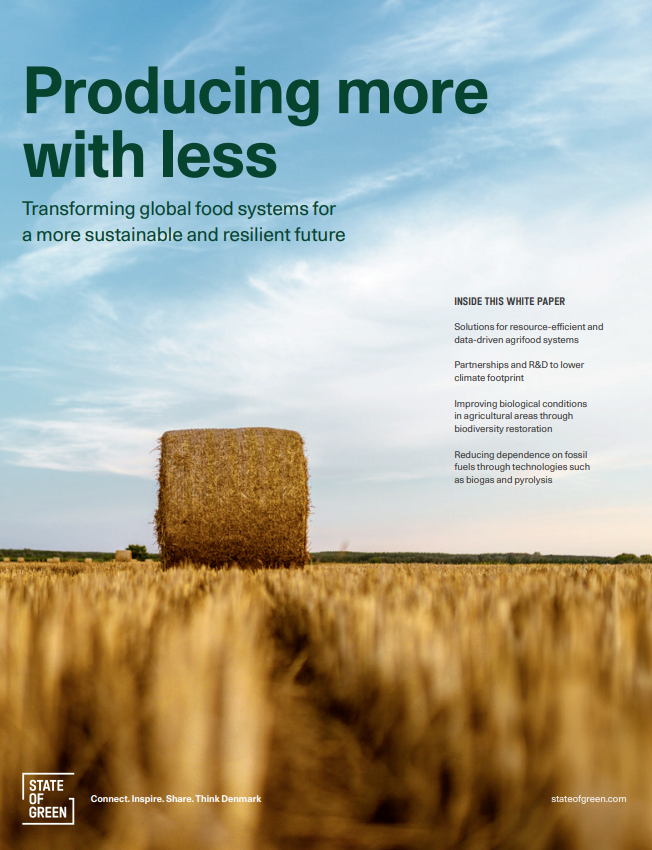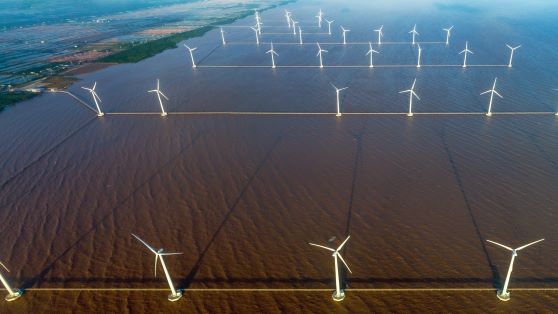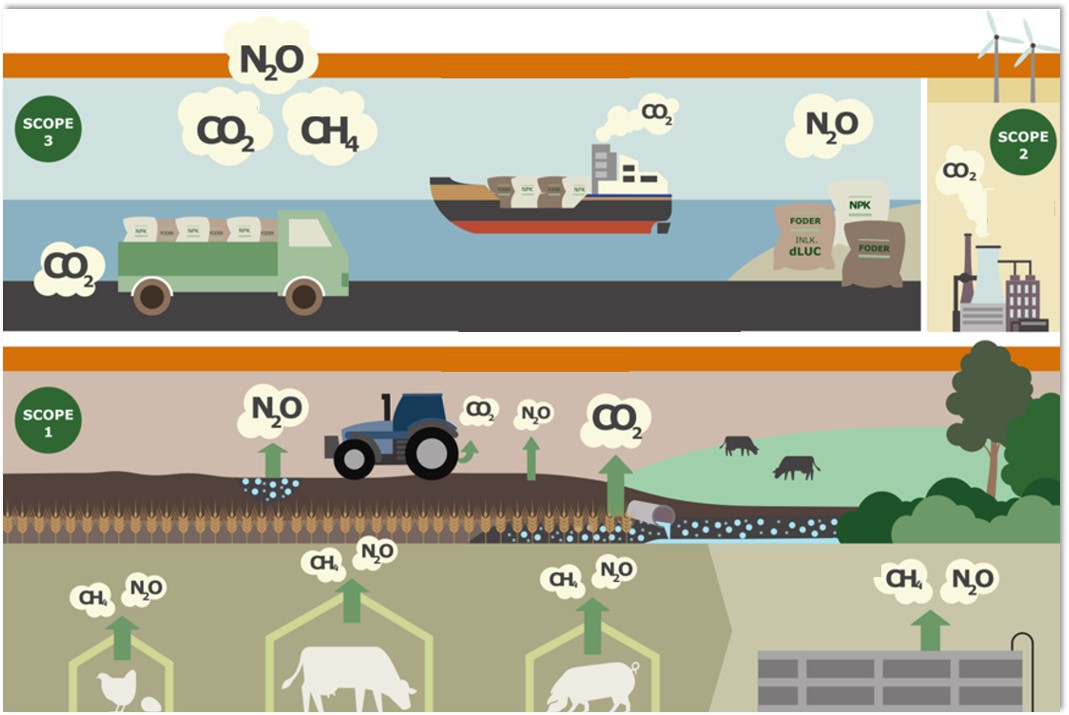News
Biogas
Biomass
Danish university researcher receives prize for converting waste to bioenergy


The Poul Due Jensen Foundation established the Grundfos prize in 2001. The prize aims to promote, acknowledge and support national and international research in ground-breaking and visionary solutions in engineering and science. As part of the prize, the recipient receives a grant that can be used for further research. The theme of the 2017 Grundfos Prize was "Technologies enabling the transition to a fossil-free society", with Professor Angelidaki's longstanding research in the bioenergy field being a natural choice.
-I am extremely honoured to receive the Grundfos Prize and consider it a great acknowledgement of my decades long work with bioenergy, says Irini Angelidaki.
-Related News: Old Wooden Pallets Heat Up an Entire Town
Bioenergy has always been the key focus of Professor Angelidakis research
Professor Angelidaki wrote her Phd dissertation approximately 25 years ago on biogas, and research into this area has taken up the bulk of her professional life since then.
Her efforts to develop technologies based on microorganisms as a tool, where waste and domestic pet fertiliser are converted to energy have resulted in her being awarded the annual Grundfos prize. Among other things, Professor Angelidaki has developed a technology to inject hydrogen into biogas reactors, thereby capturing CO2 and converting it to methane. This allows the biogas process to act as a storage technology for renewable energy, where hydrogen is an intermediary stage. The process is patented and is already on the way to being used on an industrial level. Another important technology the professor has developed and is under patent is the use of industrial wastewater together with CO2 from biogas to produce chemicalised succinic acid and pure methane. The conversion occurs with help from the energy of the organic materials found in the wastewater.
These technologies pave the way for a bio-economy, where biomass can replace fossil fuels as the basis for energy and chemicals and thus contribute to creating a climate-friendly society.
-Related News: DTU is Europe's Leading Technical University in the Energy Sector
-The prize makes it possible to conduct research in more detail and in longer-term technologies. Other research grants are typically given with specific criteria and fixed timeframes. However, a significant research breakthrough requires time, and sometimes spontaneity. Now I have the freedom to be able to take as much time as necessary to think and create something new in my quest to contribute to a more sustainable world, where we utilise nature’s own processes in a technological context, says the Professor.
-Source: The Technical University of Denmark
You should consider reading
publications
Resource efficient production
+15















